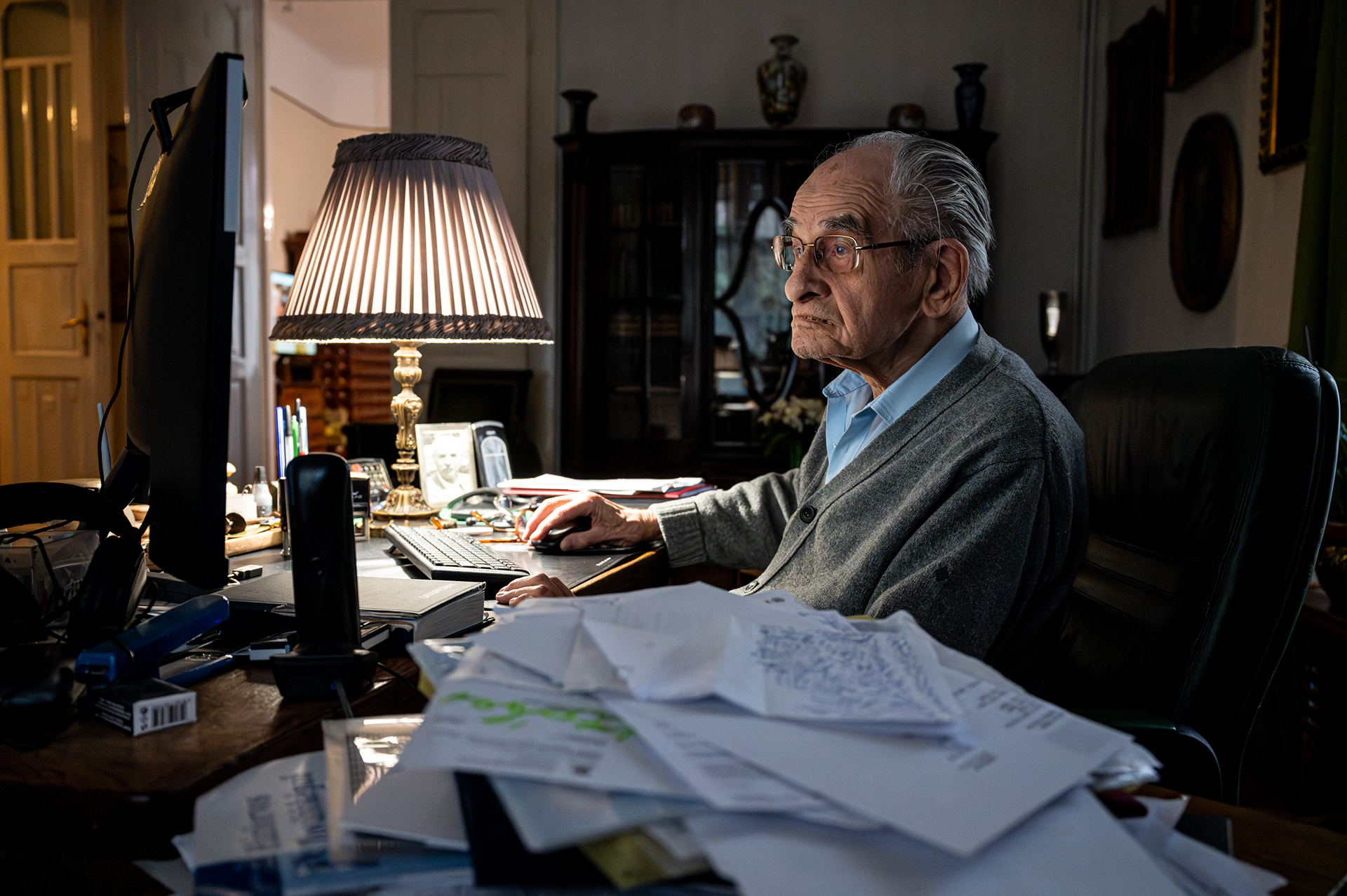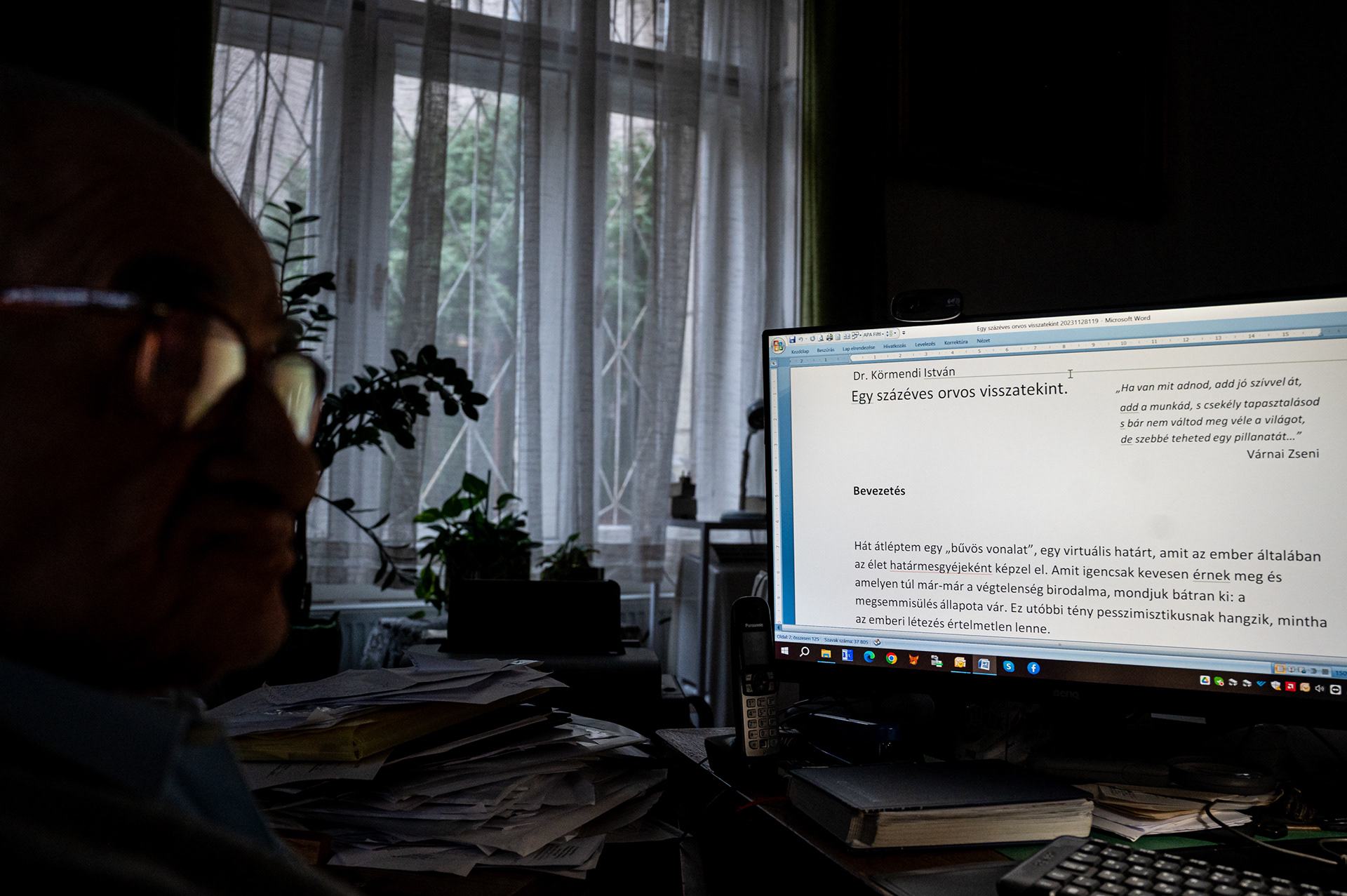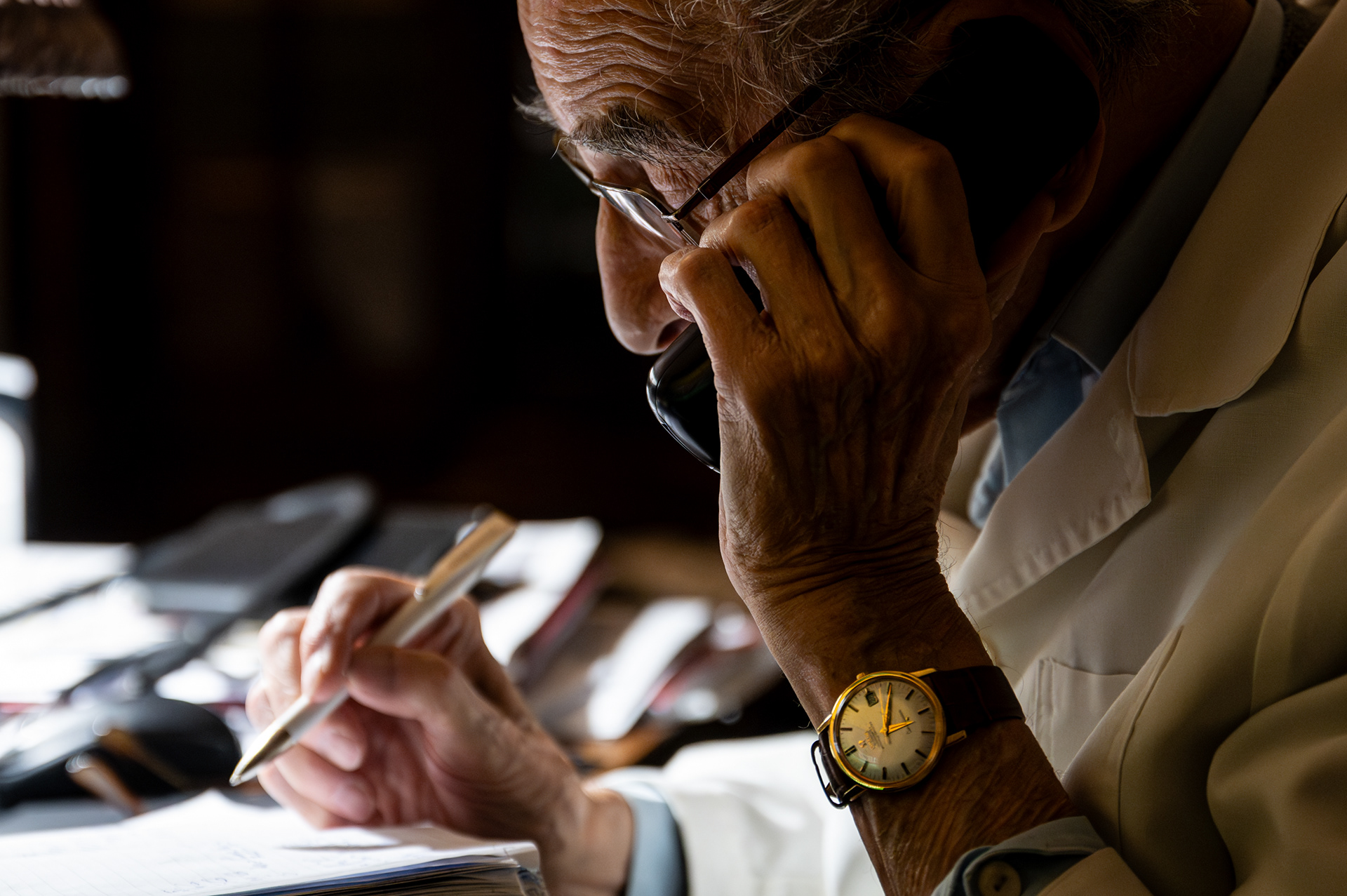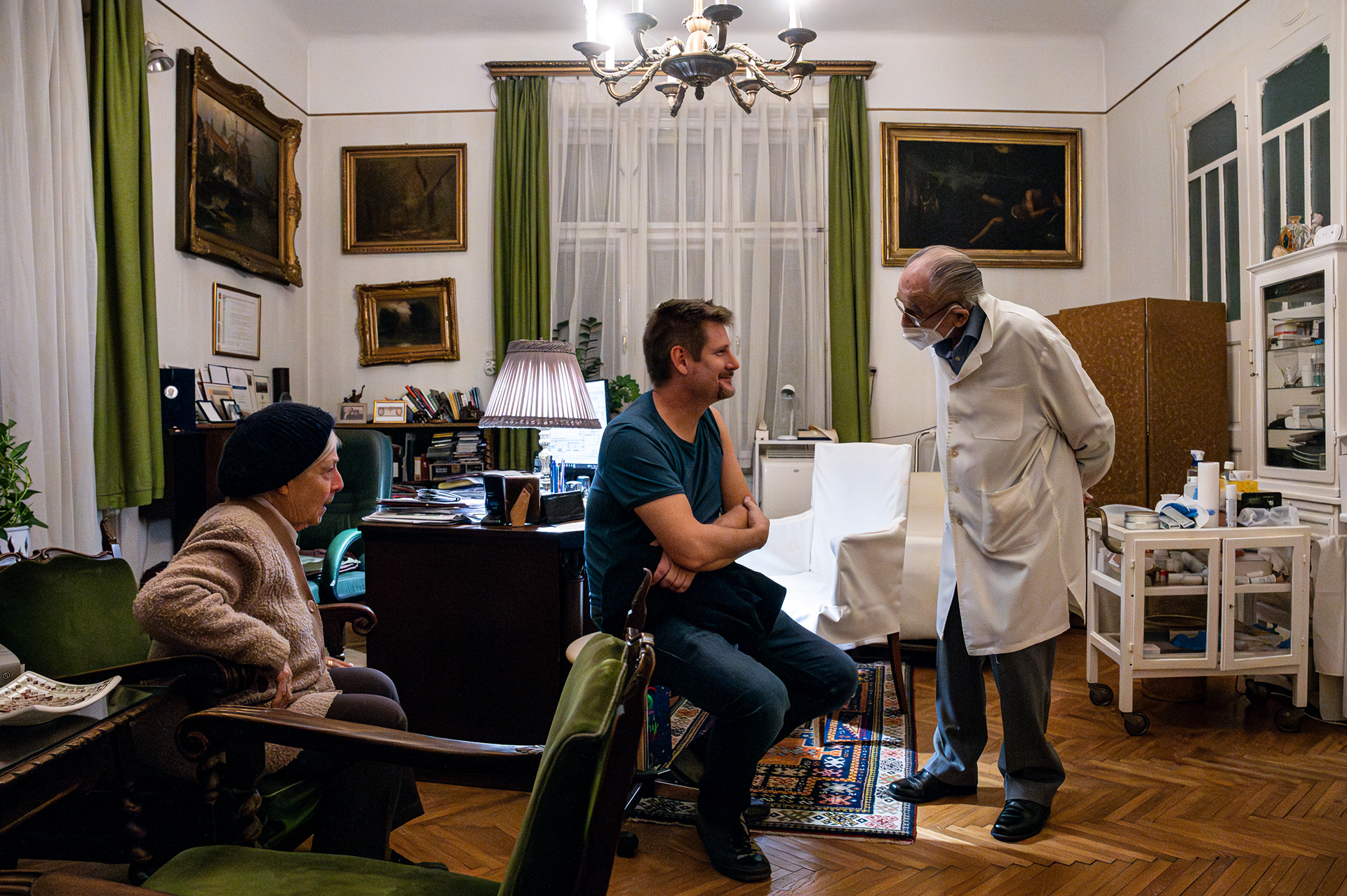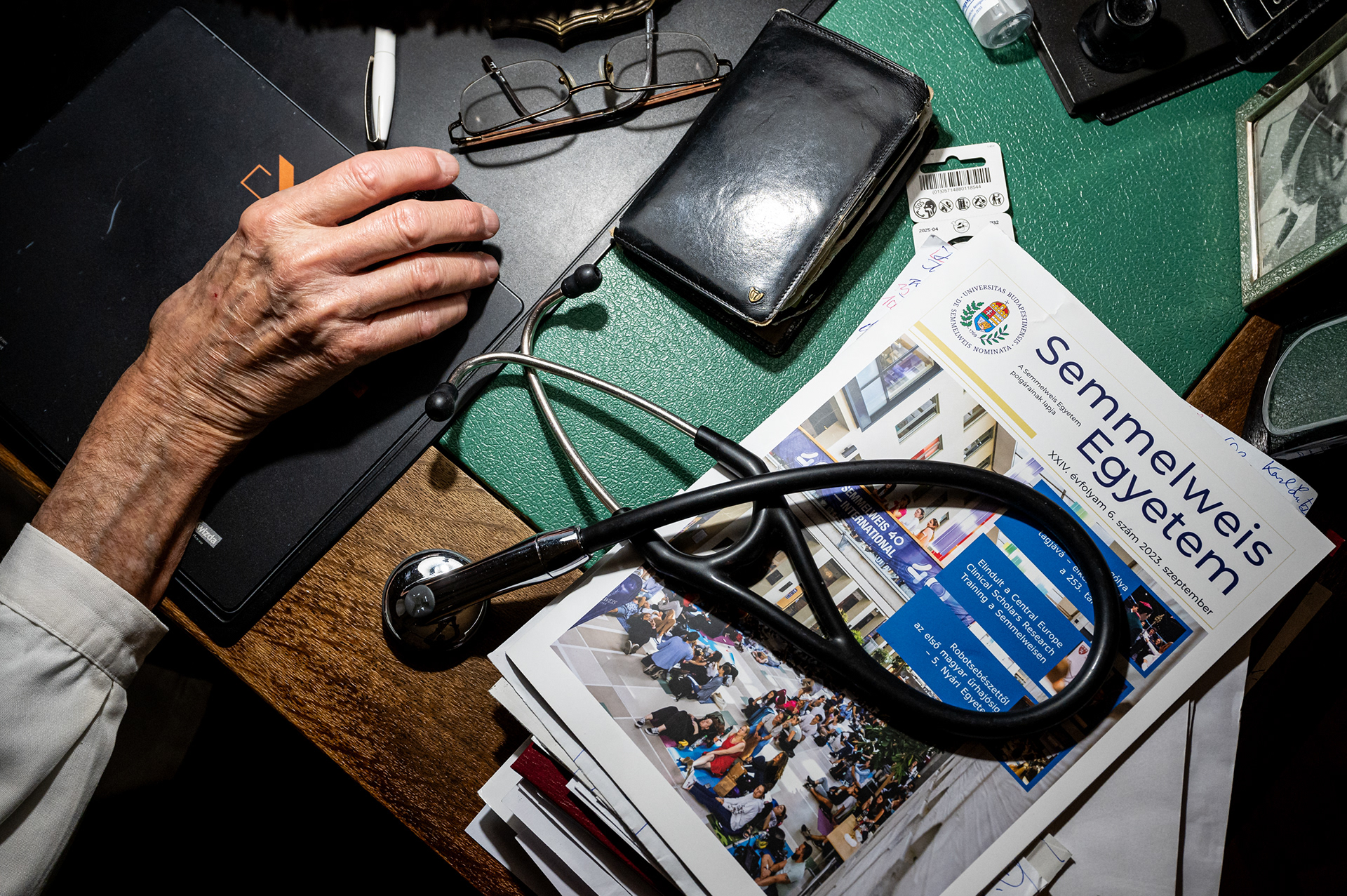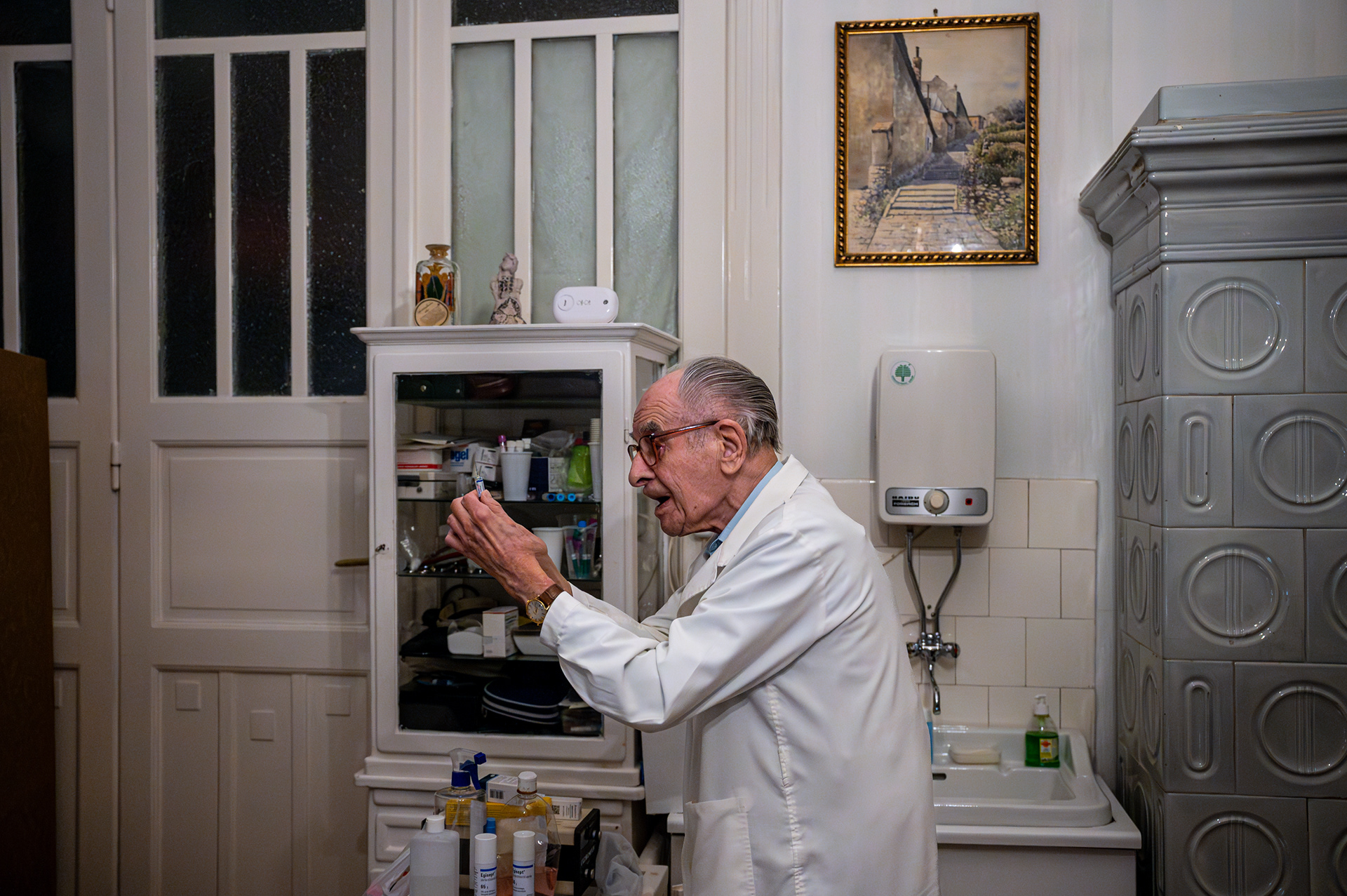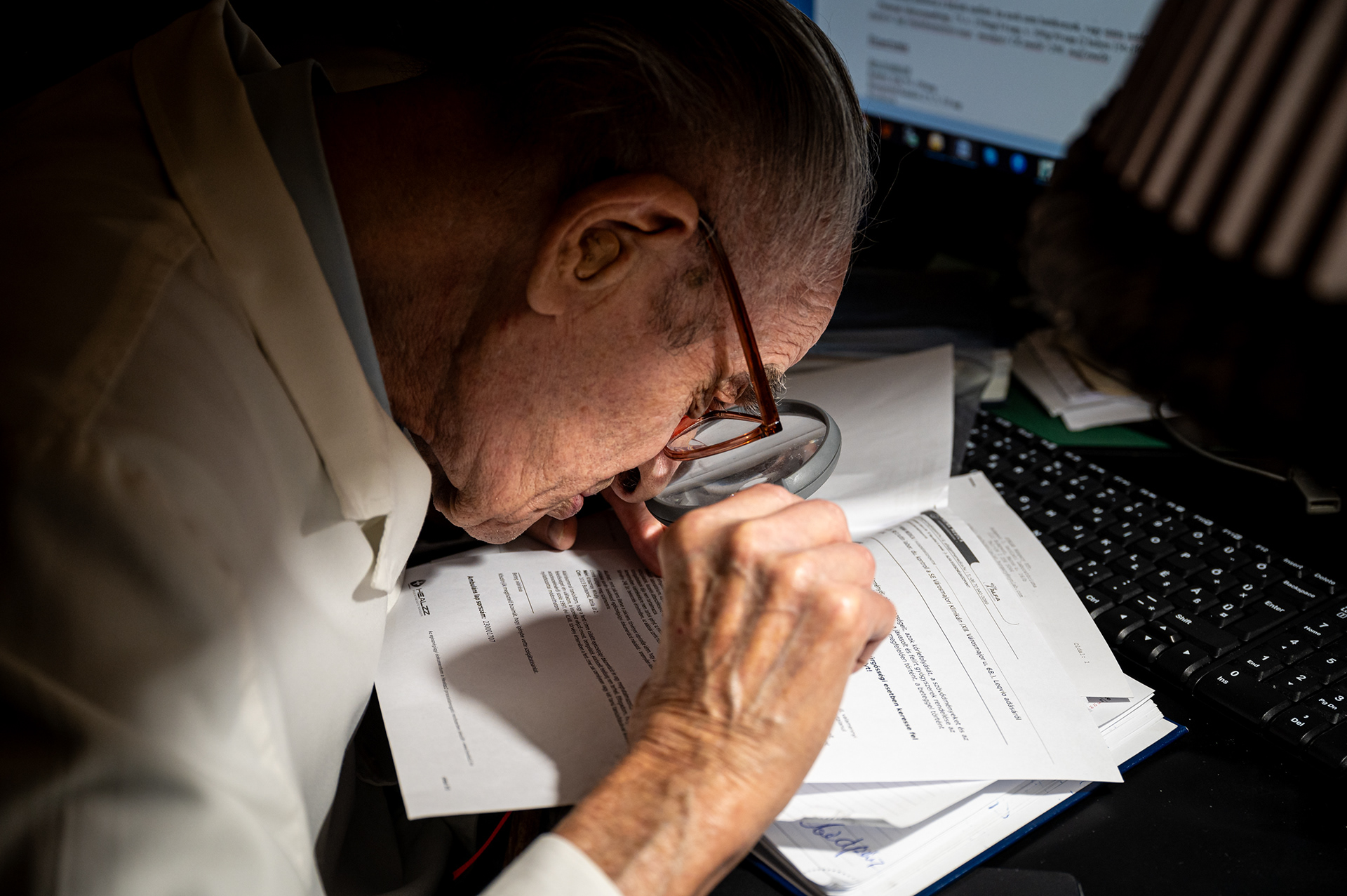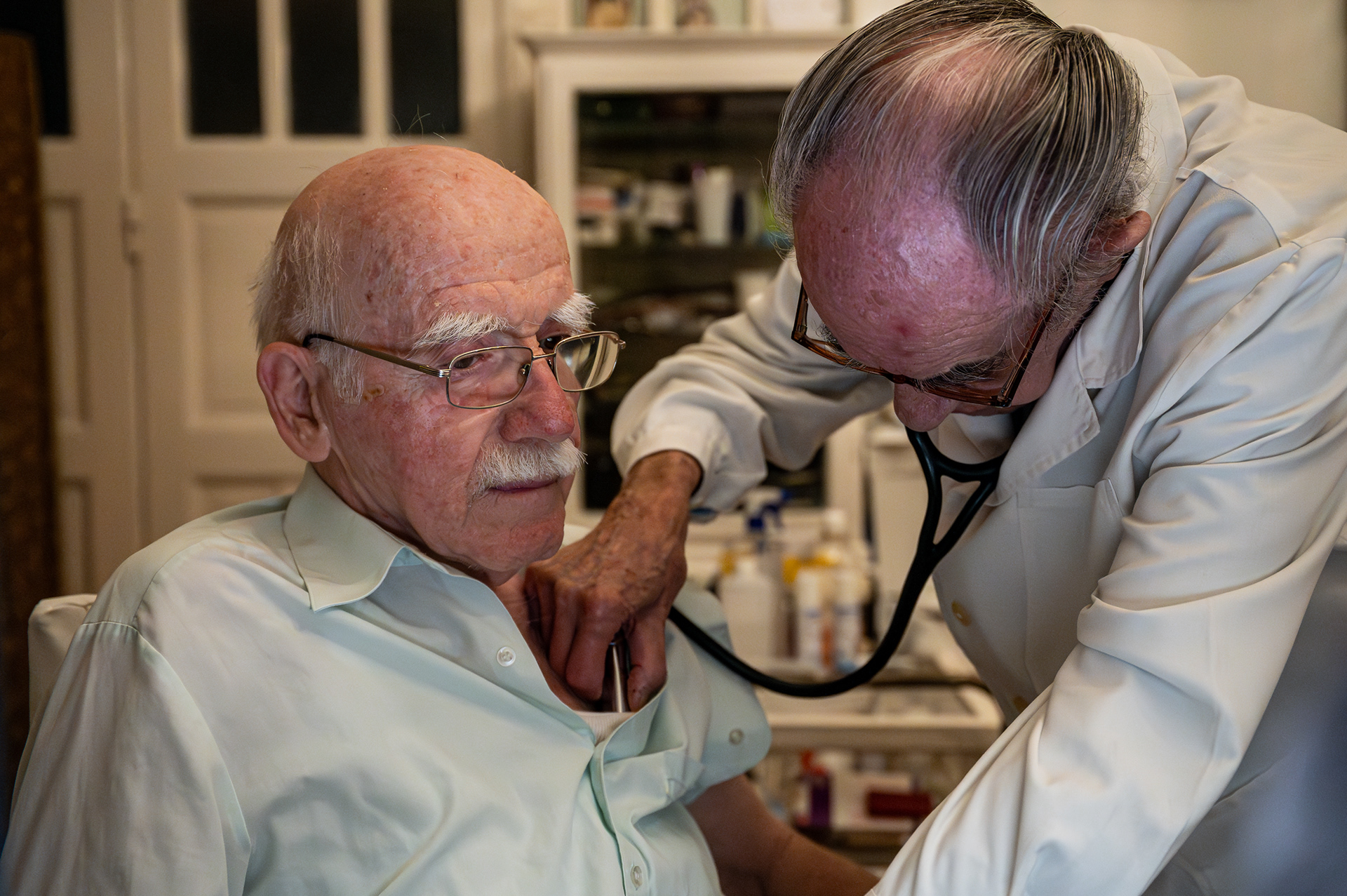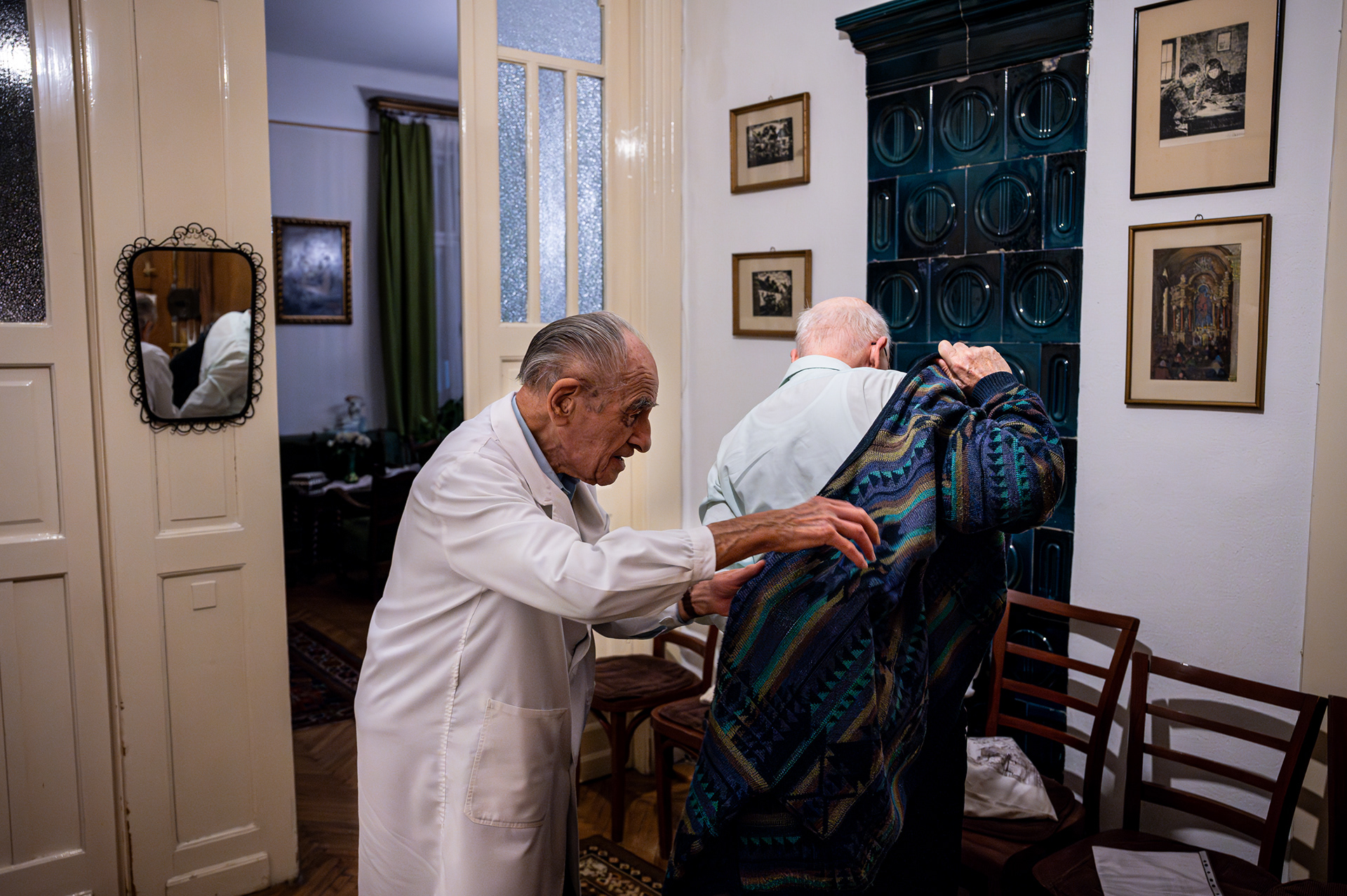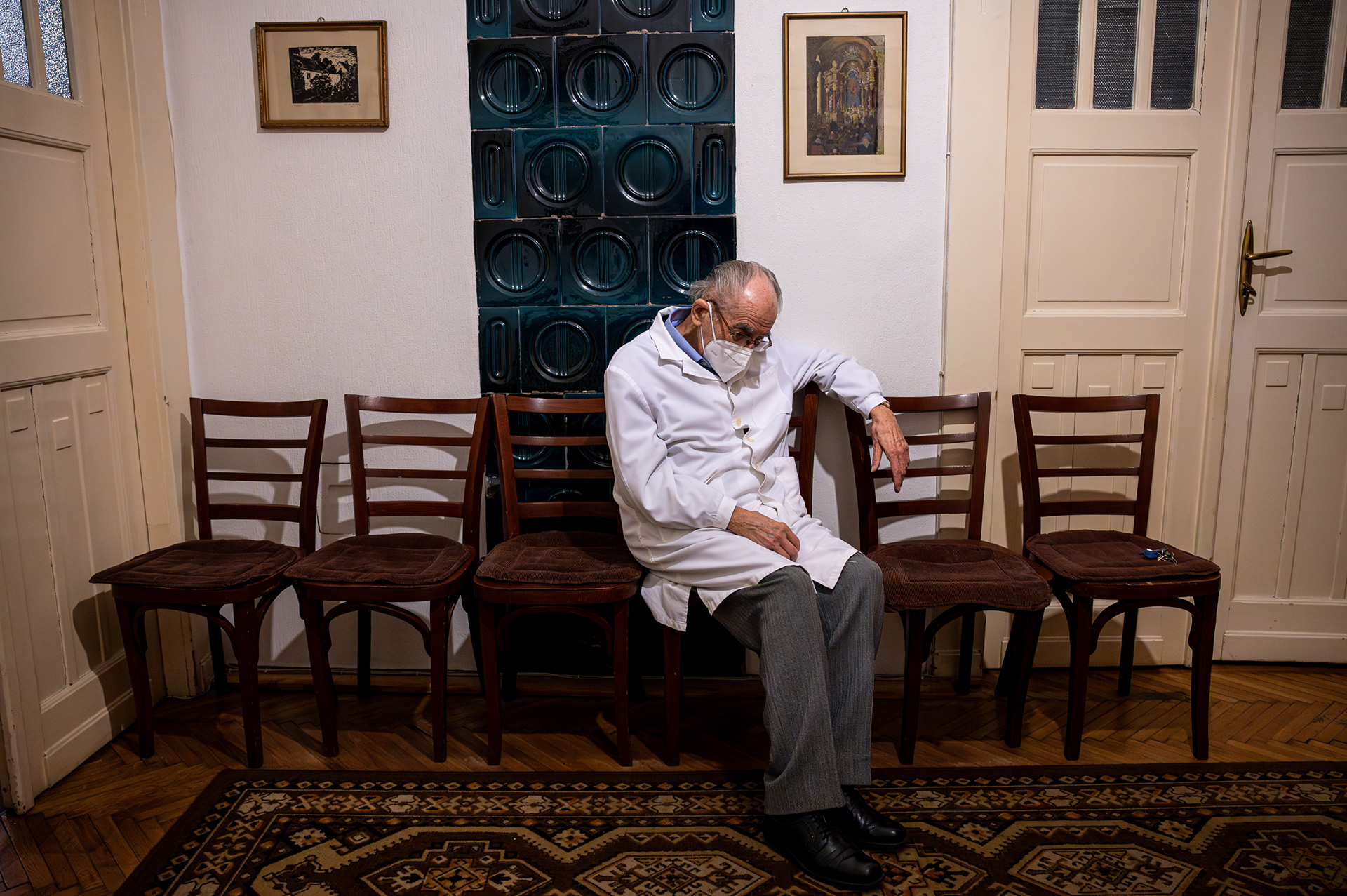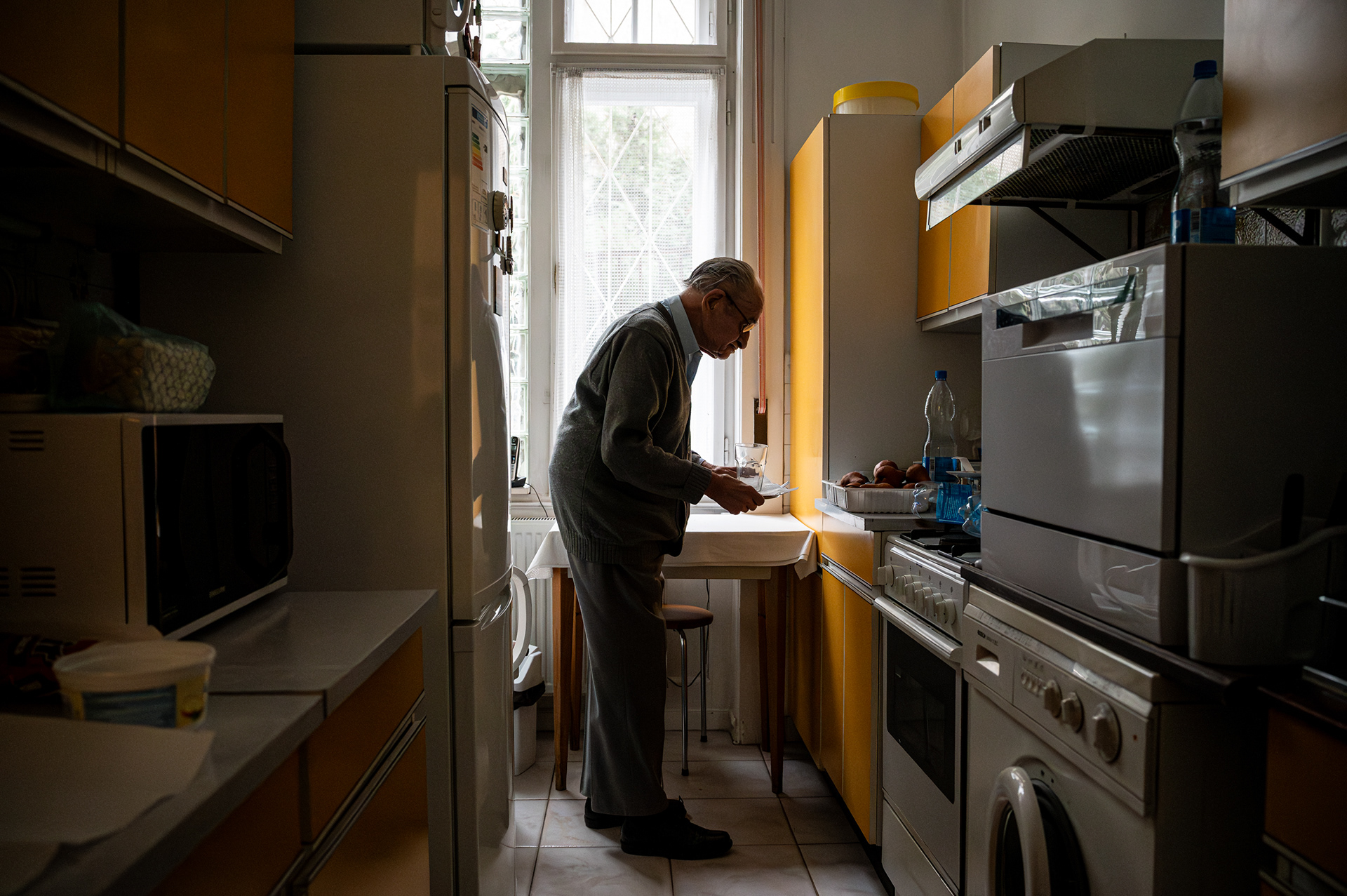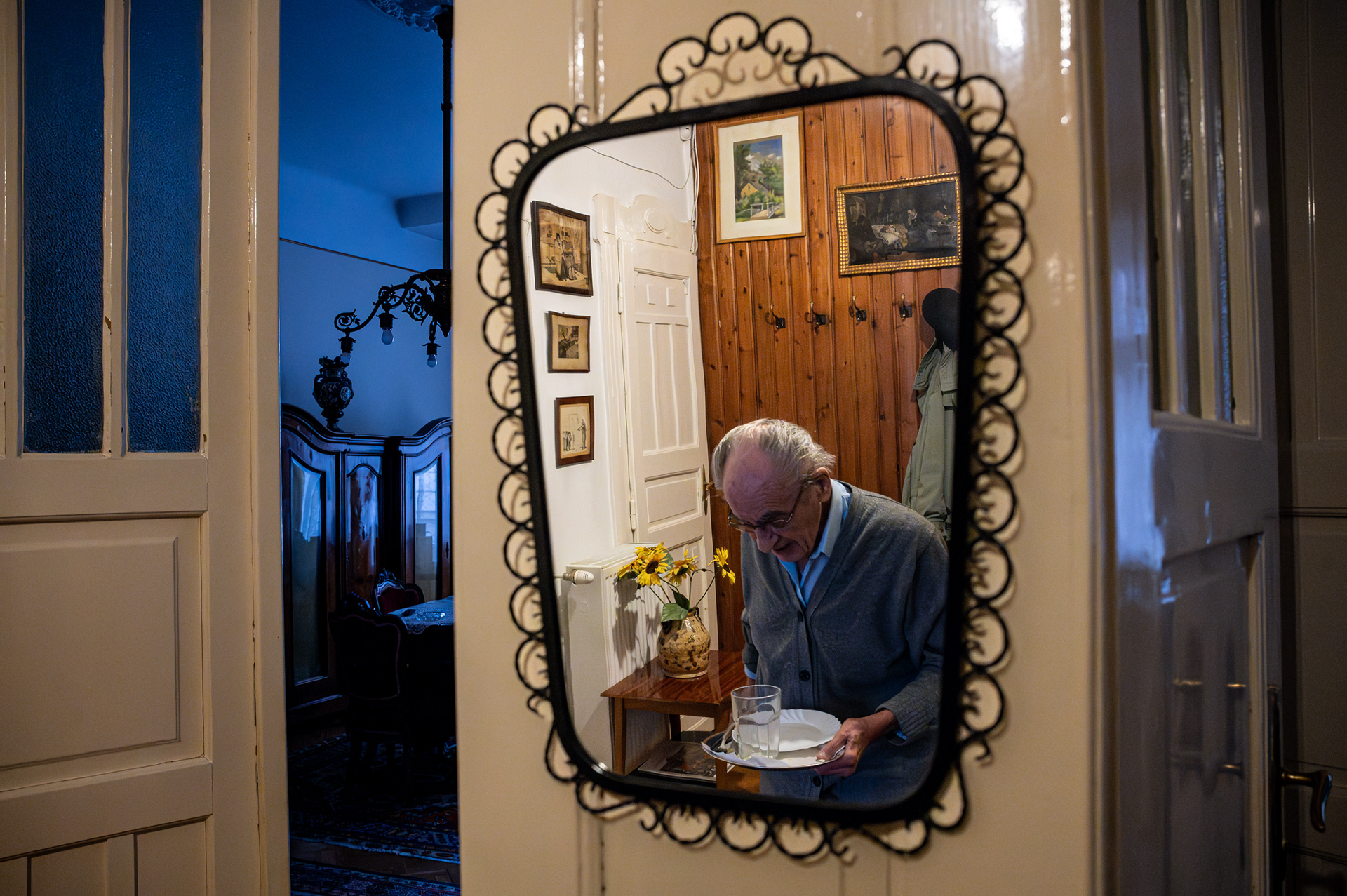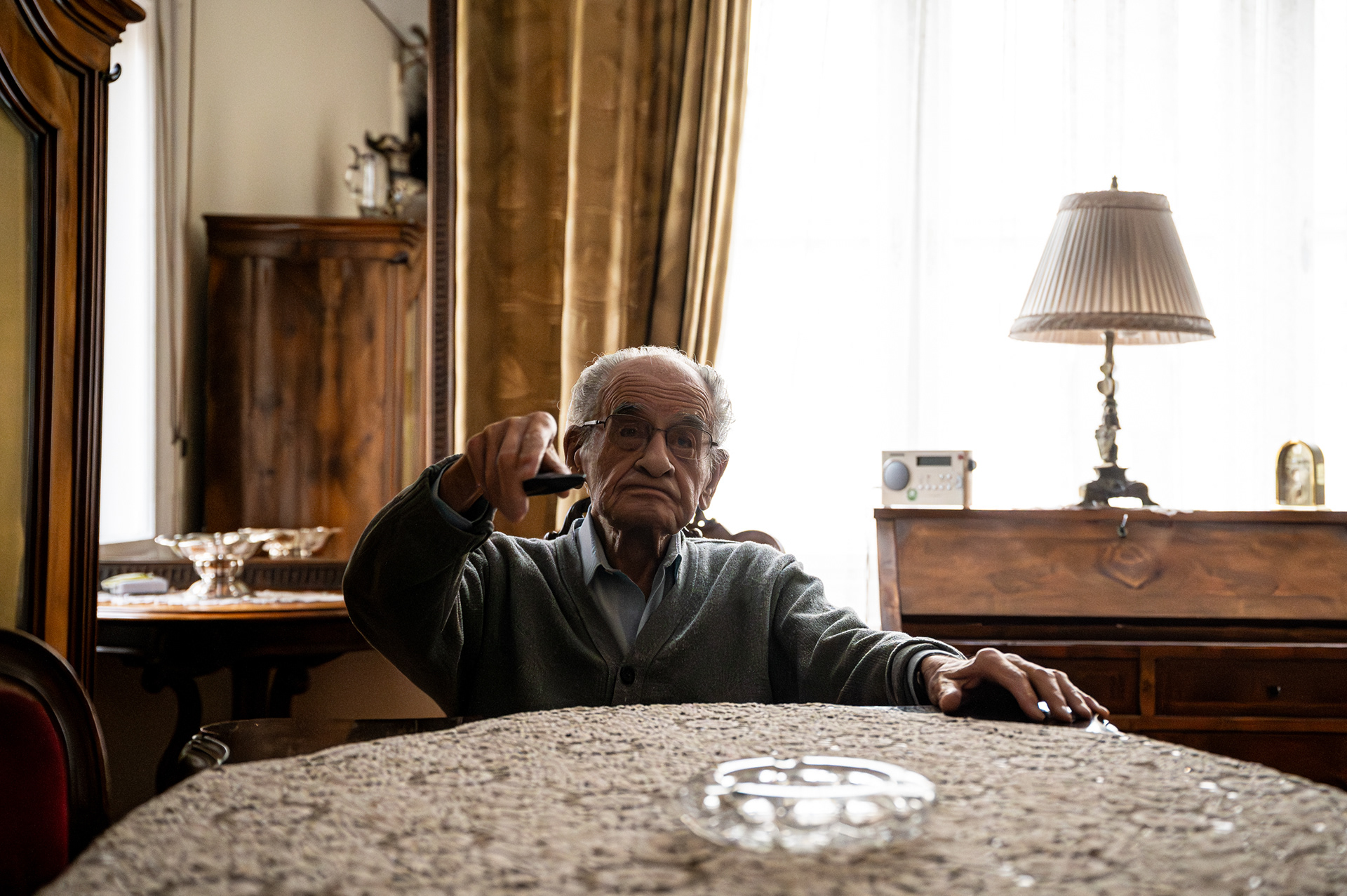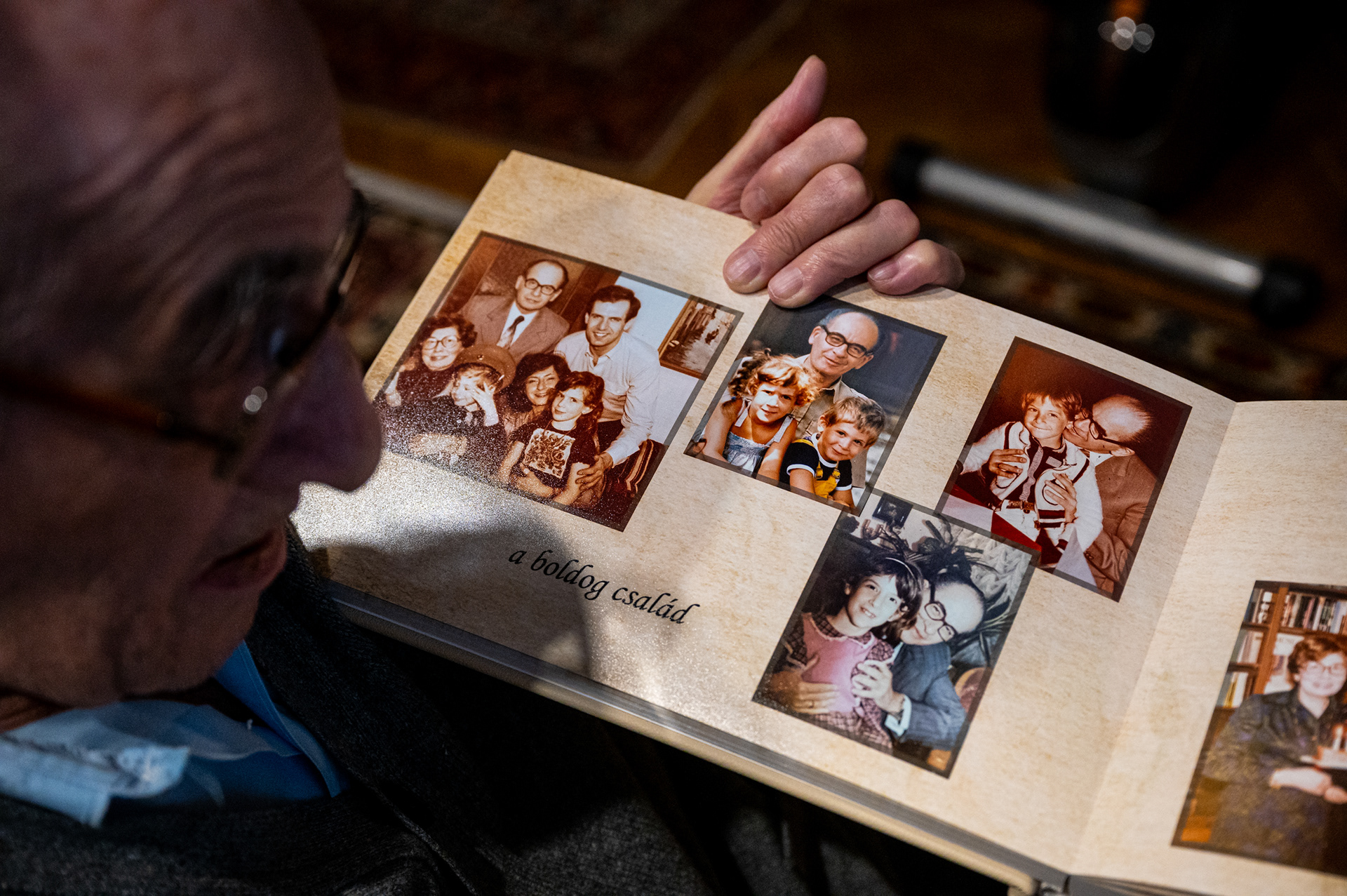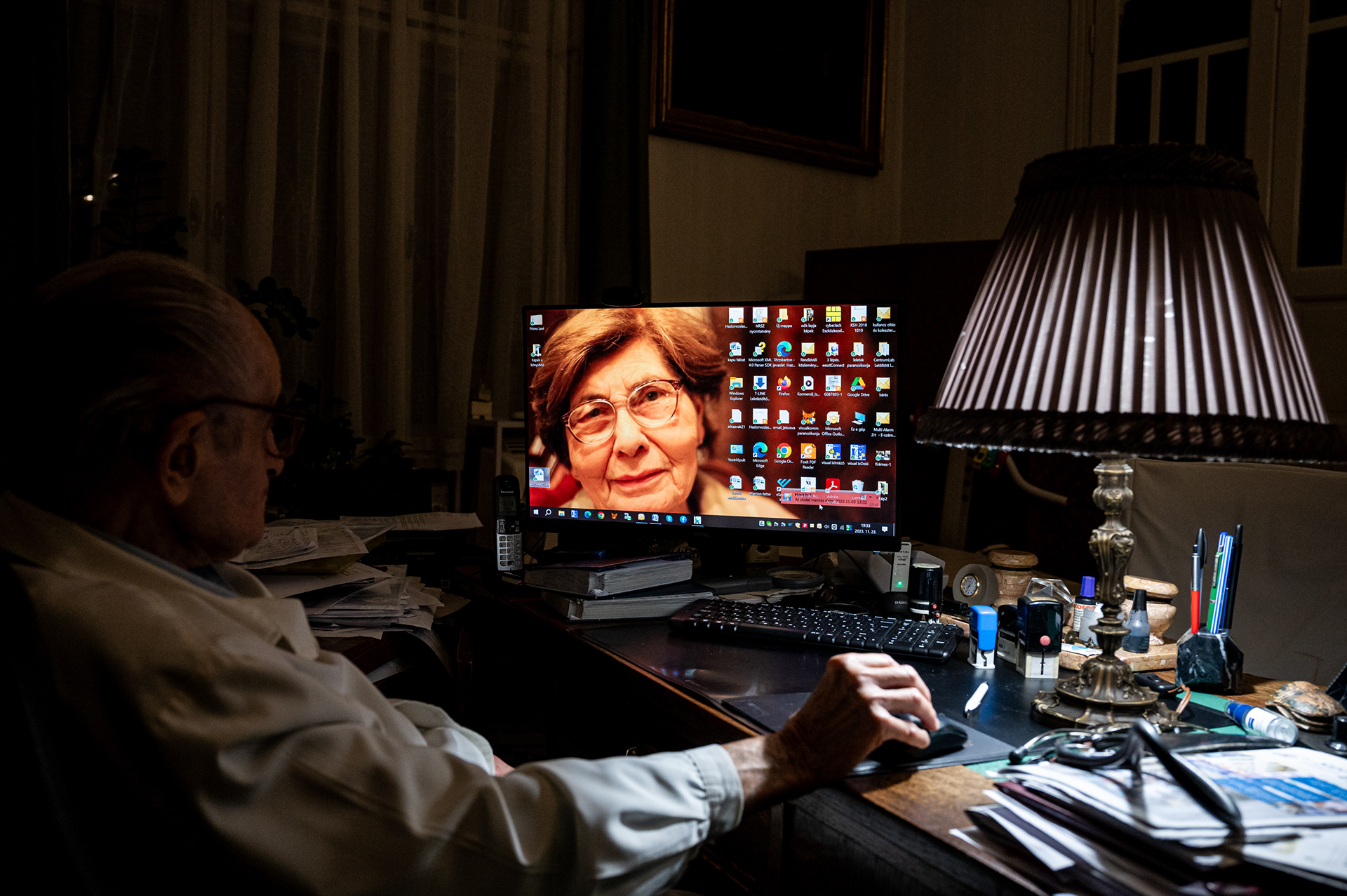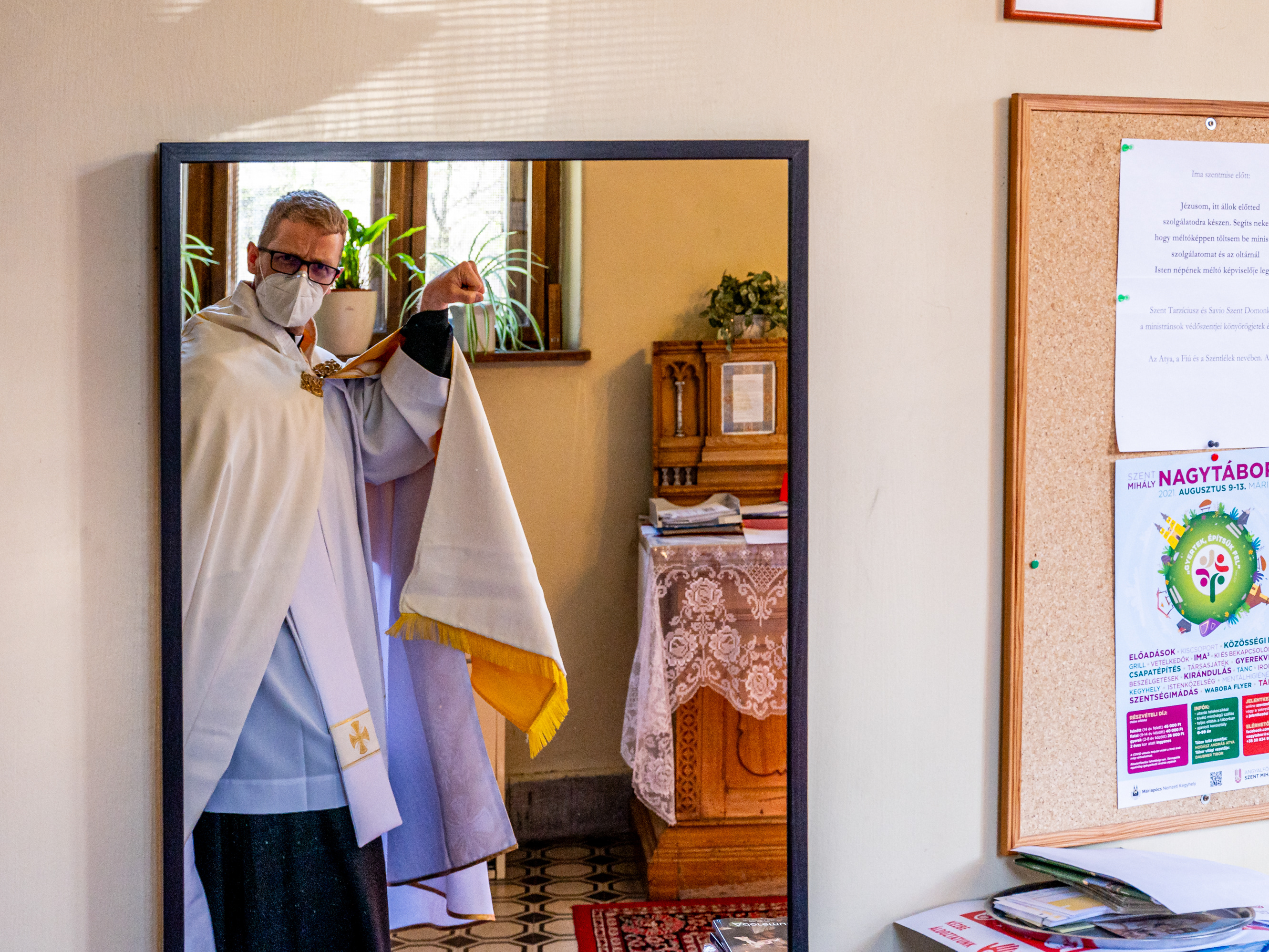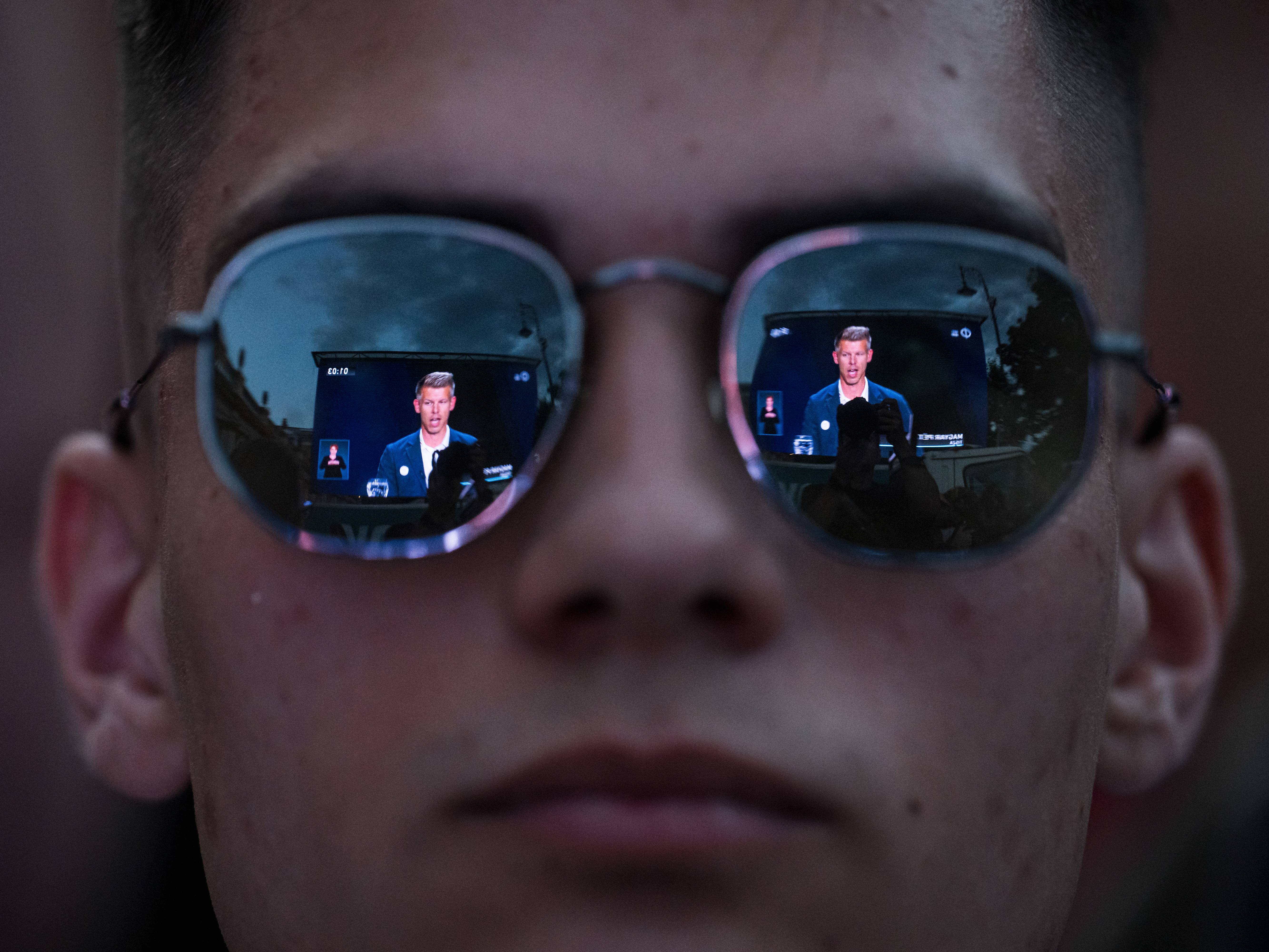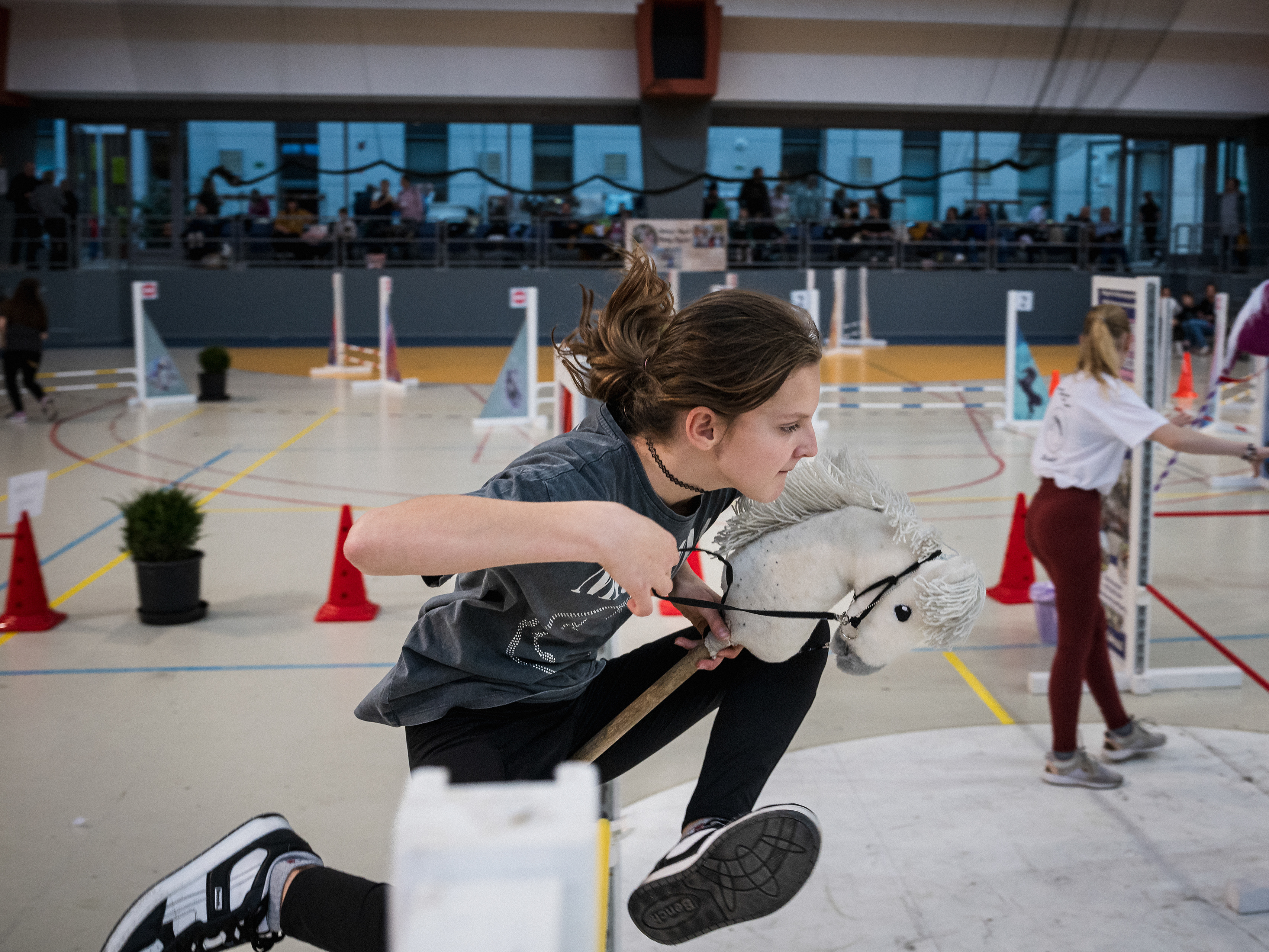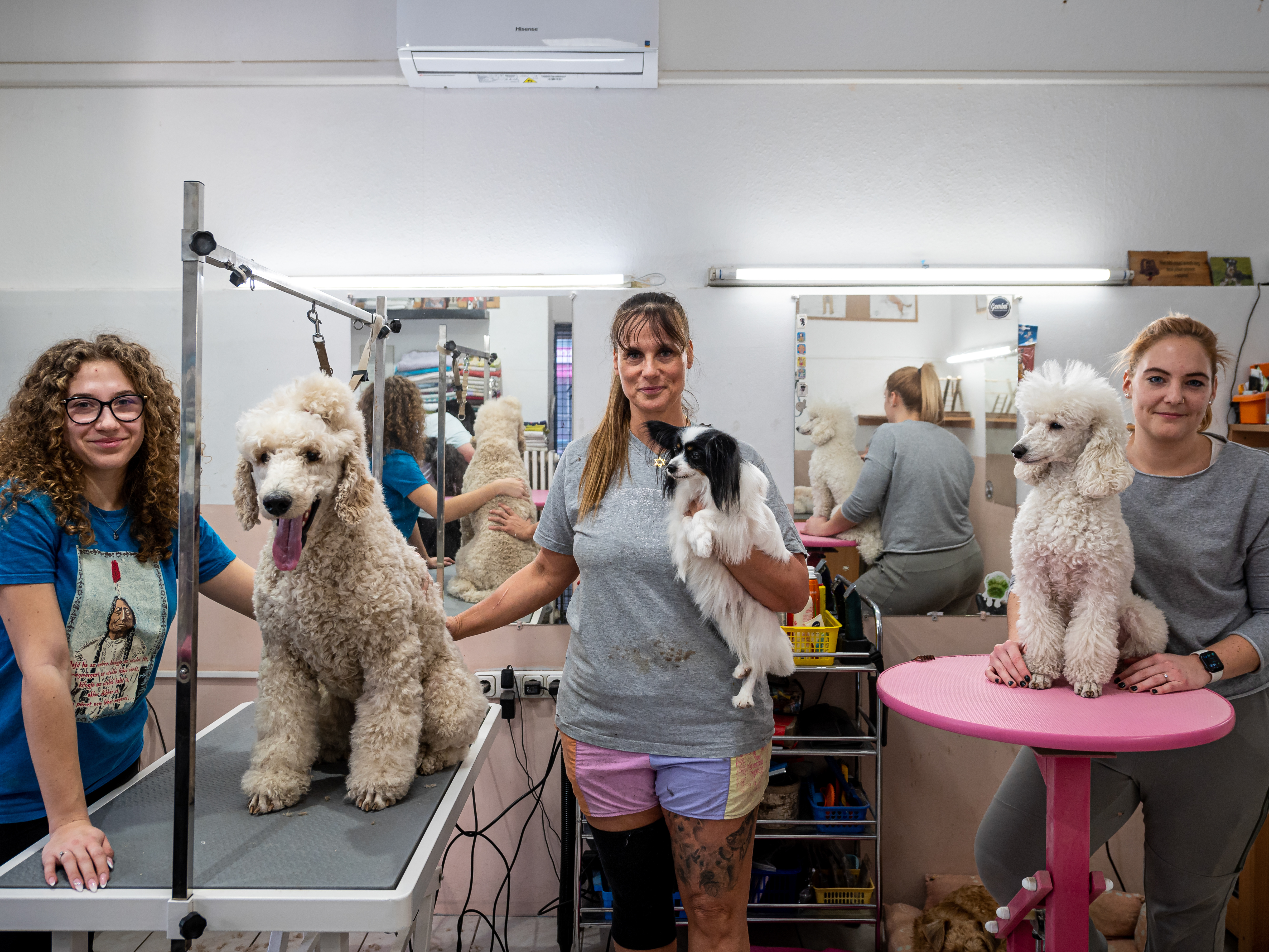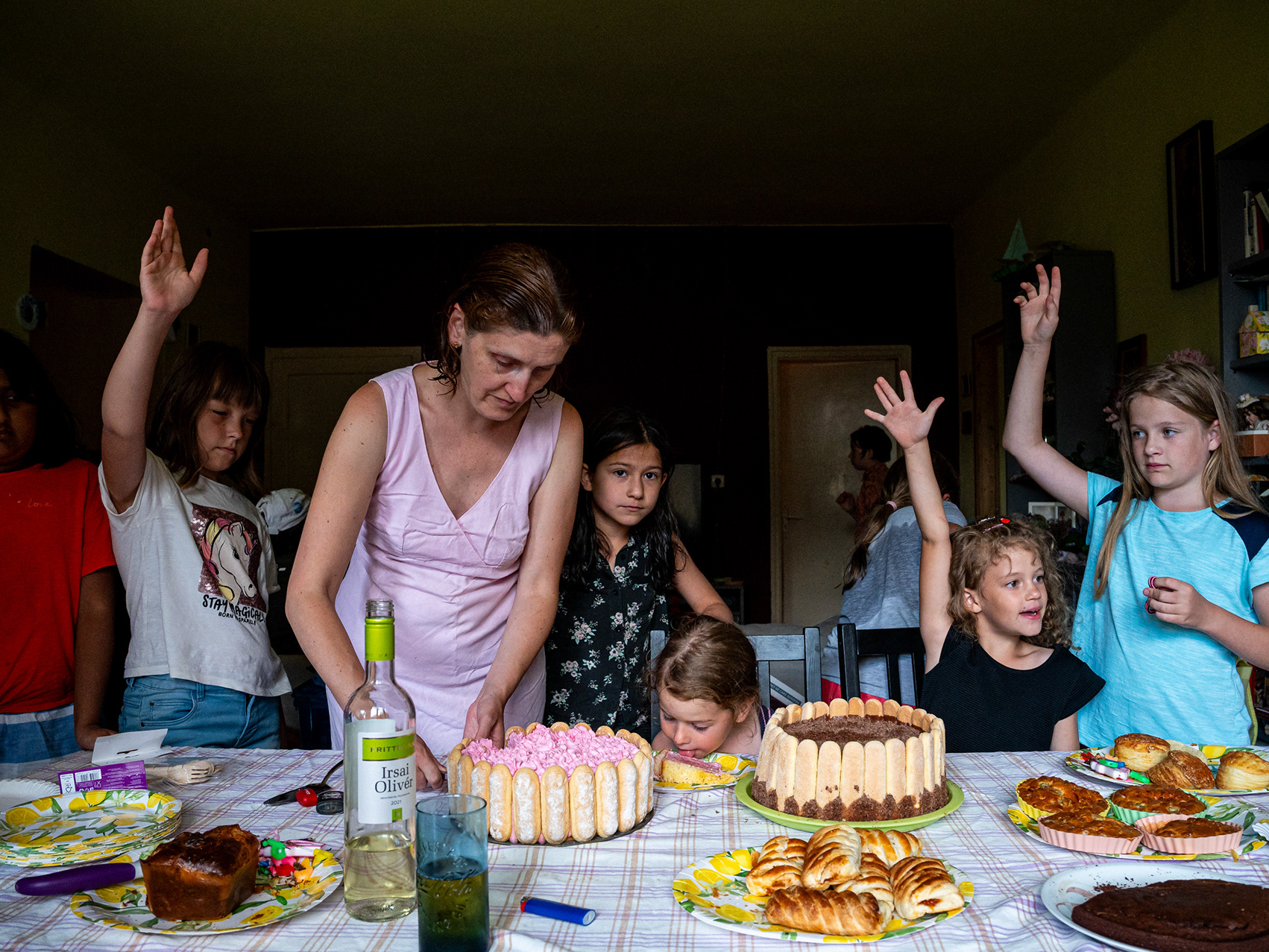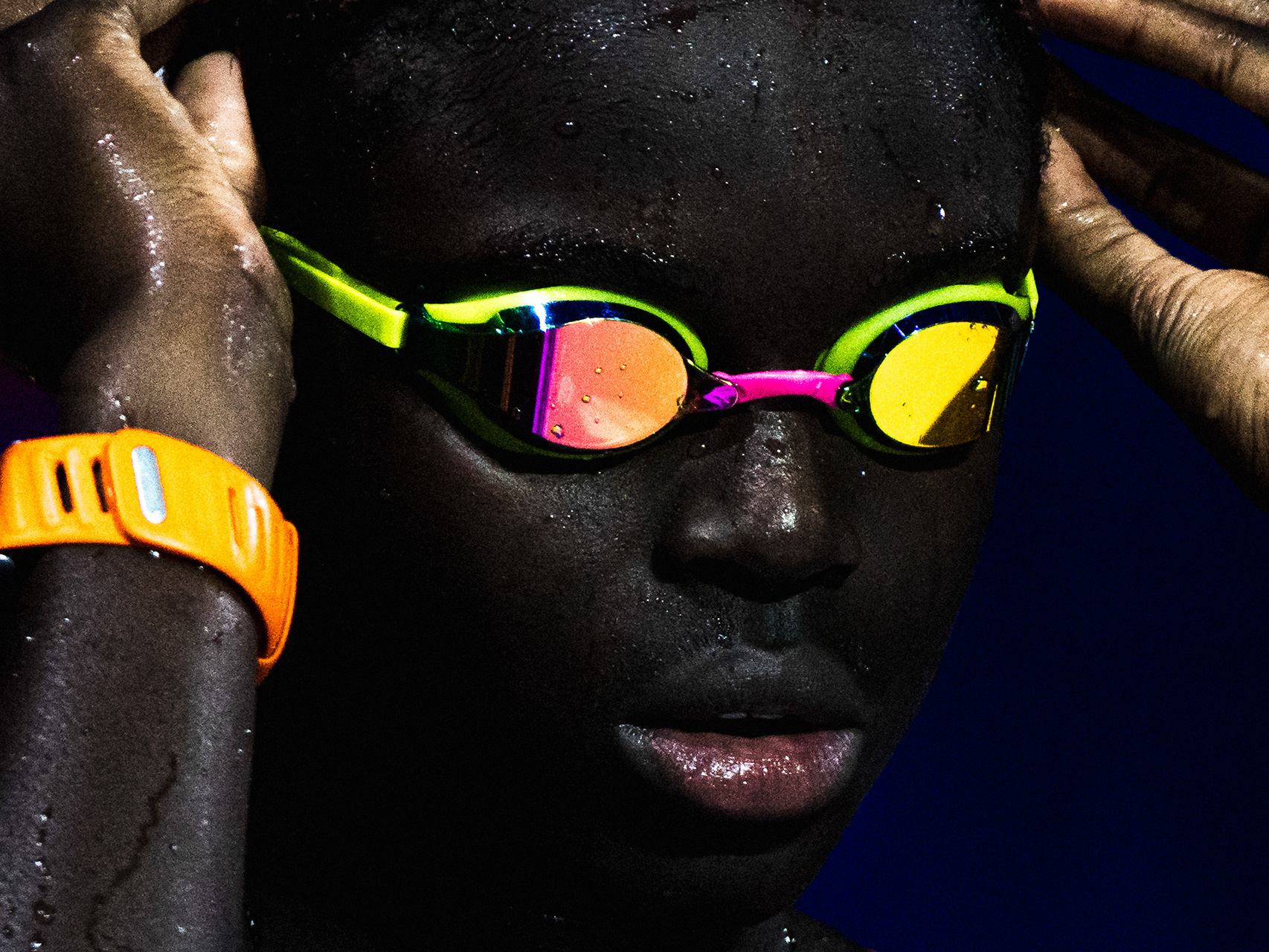
Dr. István Körmendi is one of about 300 GPs in Hungary who run a GP practice without regional coverage. This means that he does not have an assigned district where he has to see patients living there, but that anyone is able to register with him.

Attila Pintér, the violinist of the Liszt Ferenc Chamber Orchestra, had a flu vaccination at the doctor's. He and his mother told me that Attila is the fourth generation in the family to be treated by Dr Körmendi. This is handy in everyday life because the doctor has the medical history of each family member in his head, even Attila's great-grandparents were among his patients.

Dr Körmendi is very careful to keep himself up to date with his profession. He subscribes to many medical journals and newsletters and regularly looks out for new drugs or promising new medical developments.

In 1950, he was awarded a doctorate in medicine and started working at the Children's Clinic on Tűzoltó Street. In 1951 he was called up and worked as a military doctor in Kunmadaras, Veszprém and then in the Honvédkórház in Budapest until 1955. He was discharged in 1955 and remained as a civilian doctor in the internal medicine department of the Honvédkórház from the autumn. On 1 April 1957, he took over his father's medical practice at Attila út 35, where he worked for 33 years. However, in 1989, at the age of 67, he was forced to retire. This affected him badly, because he says he was exhausted, but fortunately, in 1992, free choice of doctor was introduced, so he was able to open a practice, which he still runs in his home practice. He says that this is now on an out-of-court basis: no such contracts are made with doctors.


"A district general practitioner receives a payment based on the number of patients he sees, plus a supplement from local councils for the care he provides. Since I retired, I only receive a sum per patient, about 600 forints per person, which has remained the same for 33 years," he says. During his years as a district GP, he has, of course, acquired a large number of patients, many of whom have stayed with the doctor since he retired and started an out-of-district practice. He had 1800-2000 patients in his district, 800 of whom initially stayed with him, but since then many have moved away, changed doctors, gone into nursing homes, died as time went on. Today he has about 200-250 patients. "It's a totally fee-for-service practice now," he says, as everything has to be paid for out of this money. Medical and hygiene equipment, medical software, overheads, everything.

"I can tell you quite honestly, I can do it because I am a Holocaust survivor and I receive a German reparation pension. I use it to pay for my practice, otherwise I wouldn't be able to buy a packet of cotton wool."

He says that he is still mentally able to cope with everyday life, and that he constantly monitors and checks himself. If he felt that he could no longer perform his job to the full, he would stop. Physically, he tires sometimes, especially when it comes to standing: if he leaves his home infrequently, he does so in a small electric car.





In 1943, on an August day, he met his future wife at the Margaret Island Sports Complex. After an hour of swimming, he always spent 25-30 minutes in the sun, and that's when he met two girls. He was very attracted to the one nearest to him, but he did not want to talk to them. This went on for eight days, and on the ninth day he caught sight of a boy with them, with whom he was schoolmates. Körmendi asked him to introduce him to the girls. It turned out to be sisters, Klári Wachtel and her sister Edit. Edith was deported with her mother a year later, in December 1944, never to be found. She and Klári were a couple for 74 years, until her death in 2018. The doctor visits the swimming pool every August to remember his wife and the years they spent together.
